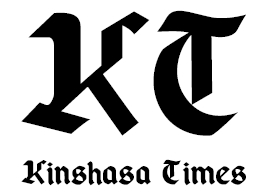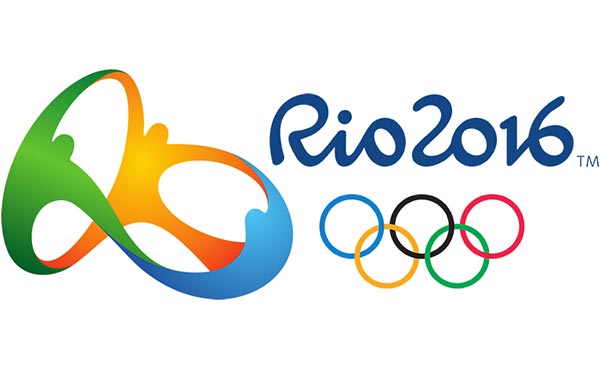Athletes from 206 nations and a refugee team are in Brazil to compete in 28 sports and be watched by a global audience of billions.
The DRC delegation, composed of eight athletes and four coaches, is led by the country’s Olympic Committee Deputy Secretary General Honoré Mazombo. Rosa Keleku, 19, Africa Taekwondo Vice-Champion, will be the country’s flag-bearer.
The build-up has been dominated by a Russian doping scandal, the Zika virus and issues with the city’s security, infrastructure and venues.
These are the Games of the 31st Olympiad but are the 28th to be held as those in 1916, 1940 and 1944 did not take place because of war.
The Games – held in South America for the first time – officially take place between 5 and 21 August, but they have actually already started.
The opening ceremony is at midnight GMT today but the action kicked off two days ago with the women’s football.
Defending Olympic men’s tennis champion Andy Murray will be Great Britain’s flag bearer inside Rio’s Maracana stadium on Friday.
An estimated three billion people will watch the ceremony, which has taken five years to produce and includes 300 dancers, 5,000 volunteers and 12,000 costumes.
There will be 10,500 athletes from a record 207 teams competing in Rio, including the Refugee Olympic Team, while it will be the first time Kosovo and South Sudan have taken part in the Games.
The Refugee Olympic Team will compete under the Olympic flag and has 10 members – five from South Sudan, two from Syria, two from DR Congo and one from Ethiopia.
With 554 athletes, the United States has the largest Olympic team, but 100m runner Etimoni Timuani is the only athlete from the South Pacific nation of Tuvalu.
The Rio Games will be the first to feature Olympians born since the year 2000 – and the youngest is 13-year-old Nepalese swimmer Gaurika Singh.
With the BBC


